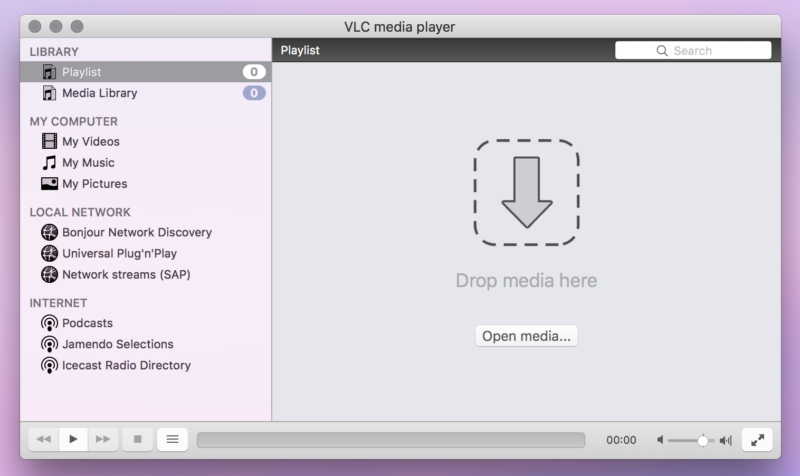
The popular cross-platform, open-source video player VLC has received a significant update in 3.0, the first in what will be called the Vetinari branch. It adds support for HDR, including both 10-bit and 12-bit color and 360-degree video.
This release version now also fully supports Chromecast streaming, a feature we first played with back in 2016. While VLC is open source, this part of it isn't; Tom's Hardware reports that VideoLAN explained it "used Google’s official closed-source SDK to build out the feature, which prevents it from releasing the source."
Other major added features include 3D audio support, audio passthrough for HD audio codecs, and support for browsing NAS drives. As always, a bunch of new codecs are supported too.
Started as an academic project in 1996, VLC has become one of the most well-supported free video players across platforms. Its development is directed by VideoLAN, a nonprofit organization based in France, with volunteers working on it from around the world.
This major new version of the software has been in development since June of 2016.
Supported platforms include Windows, Mac, Android, iOS, Windows Phone, and Linux—however, the Linux version is not yet publicly available. For all but the last of those, it's currently available to download for free.
Update: VideoLAN reached out to Ars to say the Tom's Hardware quote about open source and Chromecast was erroneous with the following statement:
Please note that Chromecast support in VLC 3.0 is fully open-source for all platforms! That’s the reason why it took us so long to ship as we completely reverse-engineered the entire thing. The closed-source component by Google can’t be used for legal reasons in VLC, isn’t compatible with Macs, Linux and Windows and supports a very limited set of codecs only. With our code, you can play basically anything VLC can decode on your Chromecast (as we transcode on-the-fly if needed).
reader comments
203